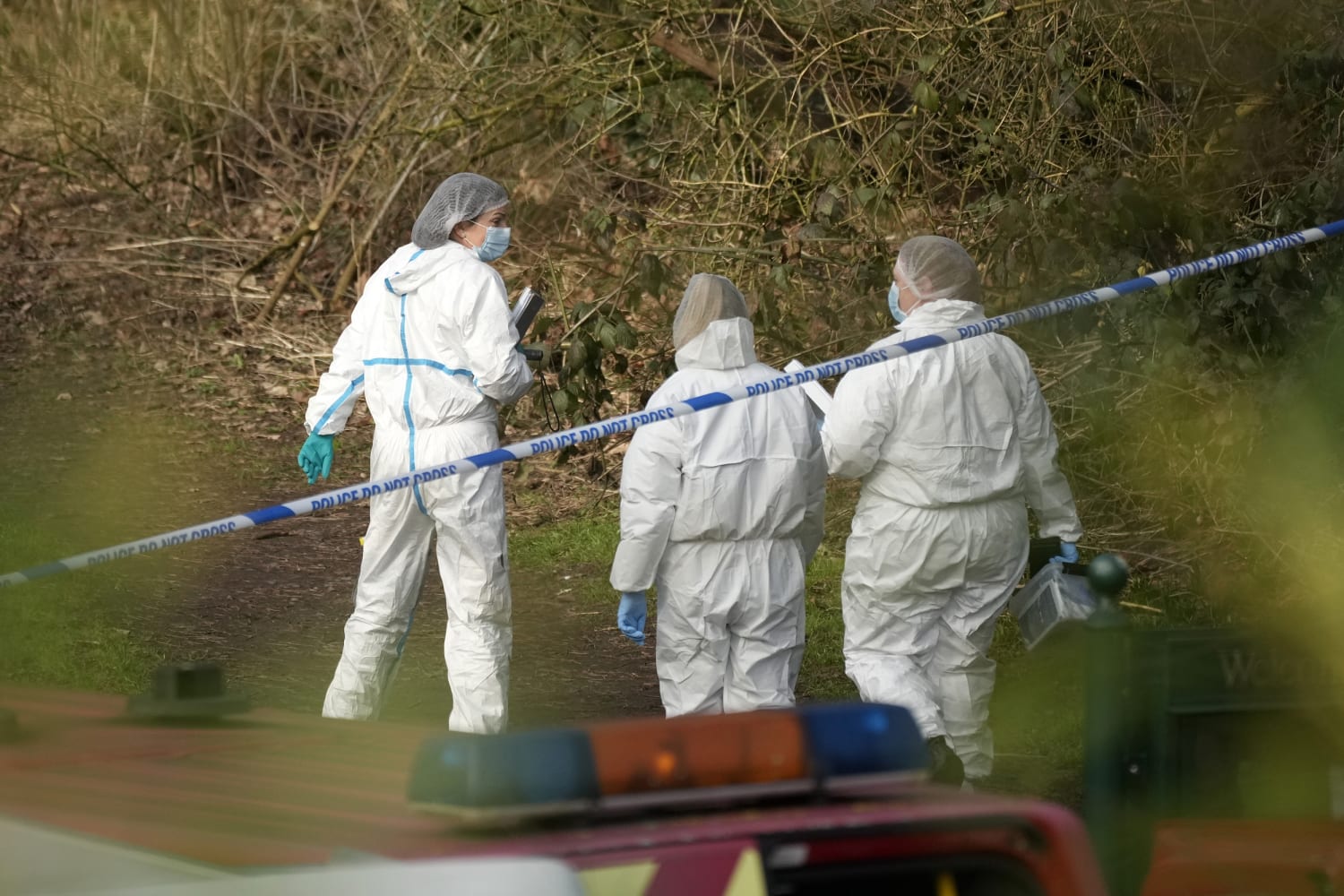[ad_1]

Many in the transgender community are mourning the death of British teenager Brianna Ghey, a trans girl who was stabbed to death Sunday.
Ghey, 16, was found dead in a park in Warrington, England — about 16 miles west of Manchester — with visible stab wounds, British authorities said. Police said they have arrested two teenagers, both 15 years old, on suspicion of murder.
Ghey’s family said in a statement released through local authorities that she was “a much loved” and “larger than life character who would leave a lasting impression on all that met her.”
“The loss of her young life has left a massive hole in our family, and we know that the teachers and her friends who were involved in her life will feel the same,” her family wrote.
Authorities said there is no evidence to suggest Ghey’s murder was “hate-related.” That did little to quell discontent among trans activists about larger transphobic sentiments that they say permeate the U.K.
In a tweet that had accrued over 872,000 views by Monday afternoon, a user slammed trans-exclusionary radical feminists, or TERFs, in the name of Ghey’s death.
The climate in the U.K. has grown increasingly hostile for trans people over the last few years. For example, J.K. Rowling, the author and creator of the Harry Potter saga, has become an outspoken critic of trans rights. In a nearly 4,000-word blog post in 2020, she said allowing trans women to use women’s bathrooms and changing rooms would make cisgender women “less safe” — an anti-trans talking point that research has debunked.
Simultaneously, in recent years trans activists have accused the British media of stoking anti-trans sentiments.
Notably, LGBTQ activists slammed the BBC last year after it published an article many critics said painted all transgender women as sexual predators. The broadcaster defended its piece — titled “We’re being pressured into sex by some trans women” — arguing that it went through a “rigorous editorial process.”
The outcry against the media grew louder among trans activists Monday, after the British newspaper The Times “deadnamed” Ghey — that is, it published the name she went by before her transition.
“I will be writing to @thetimes and @IpsoNews regarding this,” Charlotte Nichols, a member of the British Parliament, wrote Monday on Twitter, referring to The Times and the British media regulator, the Independent Press Standards Organisation.
The Times did not immediately respond to a request for comment. A spokesperson for IPSO declined to comment.
After Ghey’s death Sunday, some trans activists also chided the government for a lack of a nationwide law that would allow trans people in the U.K. to change their genders without medical diagnoses of gender dysphoria, which is the distress caused by a sense of conflict between people’s sexes assigned at birth and their gender identities. Last month, the British government blocked a similar “self-identify” law from being implemented in Scotland.
Without such legislation, Ghey’s death certificate may deadname her, some trans activists have noted in recent days.
“Trans people like Brianna are fighting to tell the truth when the whole world wants us to tell a lie,” Gillian Branstter, who is a communications strategist at the American Civil Liberties Union, wrote Monday on Twitter. “We are routinely censored and penalized for that truth. And too often our death is seen as an opportunity — by police, the media, and even our own families — to erase that truth.”
[ad_2]
Source link
